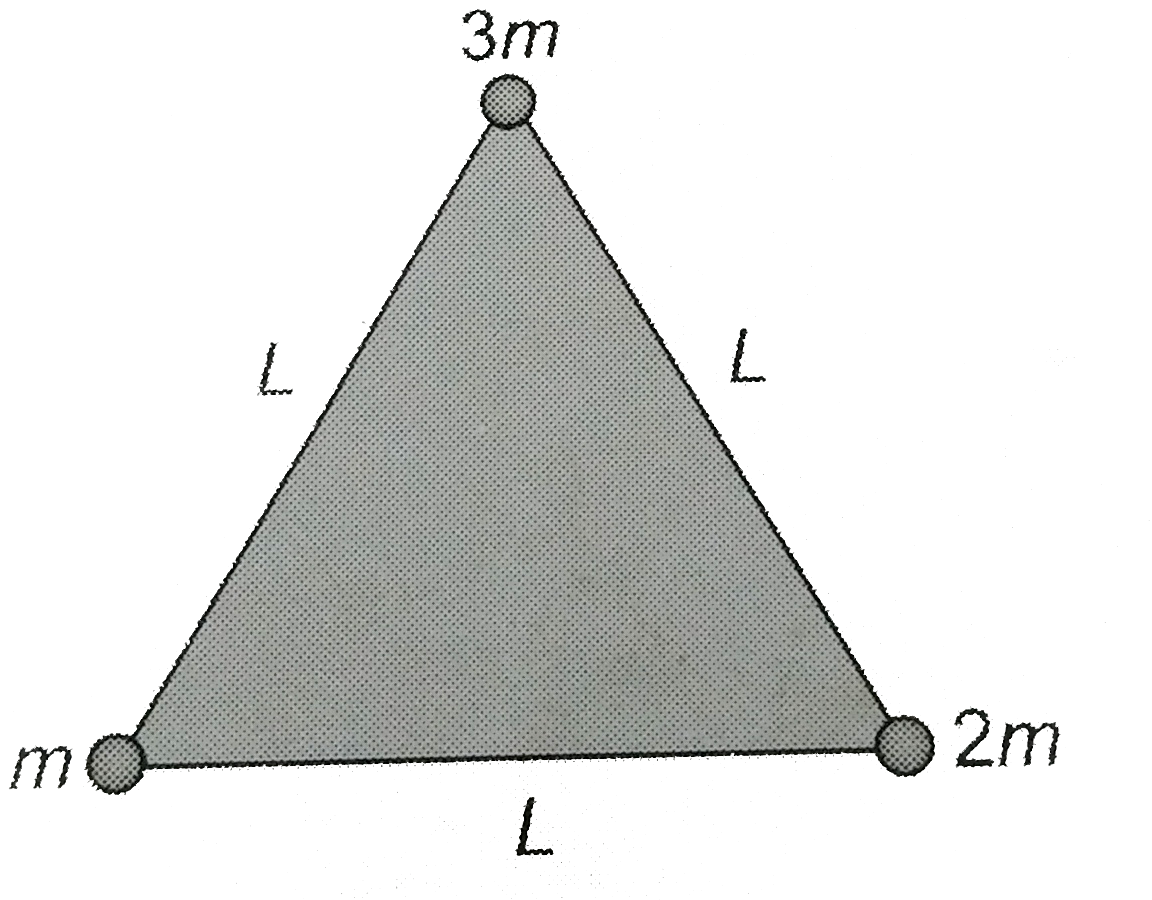Compare the situation of Belgium and Sri Lanka considering their location, size and cultural aspects
Comparison of Belgium and Sri Lanka:
(i) Belgium is located in Europe whereas Sri Lanka is located in South Asia.
(ii) Belgium has a population of little over one crore whereas Sri Lanka has a population of two crores
(iii) In Belgium, 59 percent people live in Flemish region and speak the Dutch language, 40 percent people live in Wallonia region and speak French and remaining 1 percent Belgian people speak German. On the other hand, in Sri Lanka 74 percent of the population are Sinhalese speakers and 18 percent are Tamil speakers.
(iv) in Belgium, French-speaking community are relatively rich and powerful and in Sri Lanka, Sinhalese-speaking people are Buddhist and powerful.
(v) in Belgium, Dutch speaking people are in numeric majority whereas in Sri Lanka, Sinhalese speaking population are in majority.
Topper's Solved these Questions
- SOCIAL SCIENCE PAPER -2019BOOK - X BOARDSCHAPTER - SOCIAL SCIENCE PAPER -2019EXERCISE - SET I (SECTION D)
8 Videos
- SOCIAL SCIENCE PAPER -2019BOOK - X BOARDSCHAPTER - SOCIAL SCIENCE PAPER -2019EXERCISE - SET II
5 Videos
- SOCIAL SCIENCE PAPER -2019BOOK - X BOARDSCHAPTER - SOCIAL SCIENCE PAPER -2019EXERCISE - SET I (SECTION B)
10 Videos
- SOCIAL SCIENCE PAPER -2018BOOK - X BOARDSCHAPTER - SOCIAL SCIENCE PAPER -2018EXERCISE - QUESTIONS
32 Videos
- SOCIAL SCIENCE PAPER -2020BOOK - X BOARDSCHAPTER - SOCIAL SCIENCE PAPER -2020EXERCISE - SET-III
7 Videos
Similar Questions
Knowledge Check
A survey of various states for the year. 2001 showed the proportion of undernourished adults in India. It showed 22% of males in Kerala as against 43% in Madhya Pradesh and 19% of females in Kerala, as compared to 42% in Madhya Pradesh are undernourished. Analyse the situation about undernourishment, considering one of the following correct options:
ANutritional level of men in Kerala is at par with men in Madhya Pradesh.BNutritional level of women in Kerala is worse than women in Madhya Pradesh.CNutritional value of rich people is better in Kerala than in Madhya Pradesh.DNutritional level of people in Kerala for both males and females is better off than Madhya PradeshRead the source given below and answer the questions that follows: Unlike Sri Lanka, the leaders of our country adopted a very cautious attitude in spreading the use of Hindi. According to the Constitution, the use of English for official purposes was to stop in 1965. However, many non-hindi speaking States demanded that the use of English continue. In Tamil Nadu, this movement took a violent form. The Central Government responded by agreeing to continue the use of English along with Hindi for official purposes. Many critics think that this solution favoured the English speaking elite. Promotion of Hindi continues to be the official policy of the Government of India. Promotion does not mean that the Central Government can impose Hindi on States where people speak a different language. The flexibility shown by Indian political leaders helped our country avoid the kind of situation that Sri Lanka finds itself in.
When the use of English as an official language was to be stopped?A1965B1979C1947D1966Read the source given below and answer the questions that follows: Unlike Sri Lanka, the leaders of our country adopted a very cautious attitude in spreading the use of Hindi. According to the Constitution, the use of English for official purposes was to stop in 1965. However, many non-hindi speaking States demanded that the use of English continue. In Tamil Nadu, this movement took a violent form. The Central Government responded by agreeing to continue the use of English along with Hindi for official purposes. Many critics think that this solution favoured the English speaking elite. Promotion of Hindi continues to be the official policy of the Government of India. Promotion does not mean that the Central Government can impose Hindi on States where people speak a different language. The flexibility shown by Indian political leaders helped our country avoid the kind of situation that Sri Lanka finds itself in.
What stand government took as a policy to promote Hindi as an official language?AHindi must be imposed in all the statesBHindi cannot be an official language of all the statesCGovernment kept promoting Hindi as an official languageDnone of the above
Revision|Revision For Belgium And Sri Lanka|Questions
View SolutionCompare the different ways in which the Belgians and the Sri Lankans have dealt with the problem of cultural diversity.
View SolutionConsider the following statements about power sharing arrangements in Belgium and Sri Lanka.
A. In Belgium, the Dutch-speaking majority of people tried to impose their domination on the minority French-speaking community.
B. In Sri Lanka, the policies of the government sought to ensure the dominance of the Sinhala speaking majority.
C. The Tamils in Sri Lanka demanded a federal arrangement of power sharing to protect their culture, language and equality of opportunity in education and jobs.
D. The transformation of Belgium from unitary government to a federal one prevented a possible division of the country on linguistic lines.
Which of the statements given above are correct?
(i) A,B,C and D
(ii) A,B and D
(iii) C and D
(iv) B,C and D
View SolutionConsider the situation as shown in the figure. Locate the center of mass.

View SolutionAnalyze the information given below, considering one of the following correct options:
''It is expected from a government that it should bring economic growth and development. But many democracies of the world are unable to fulfill this expectation because of population size, global situation, cooperation from other countries, economic priorities, etc''
View Solution
